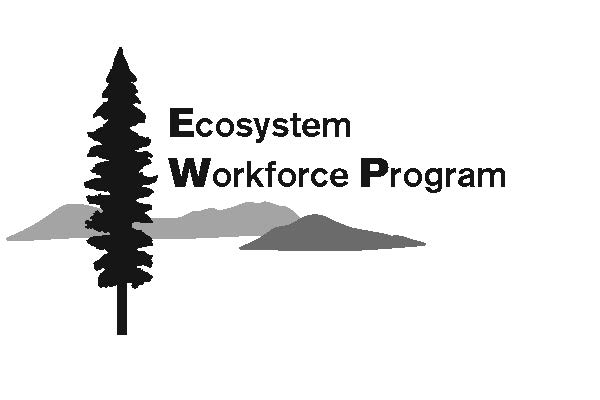Low-elevation conifers in California’s Sierra Nevada are out of equilibrium with climate
| Title | Low-elevation conifers in California’s Sierra Nevada are out of equilibrium with climate |
| Publication Type | Journal Article |
| Year of Publication | 2023 |
| Authors | Hill, AP, Nolan, CJ, Hemes, KS, Cambron, TW, Field, CB |
| Journal | PNAS Nexus |
| Volume | 2 |
| Issue | 2 |
| Date Published | 02/2023 |
| Keywords | California, climate change, ecology, habitat suitability modeling, technical reports and journal articles, vegetation climate mismatch, vegetation transitions |
| Abstract | Since the 1930s, California’s Sierra Nevada has warmed by an average of 1.2∘∘C. Warming directly primes forests for easier wildfire ignition, but the change in climate also affects vegetation species composition. Different types of vegetation support unique fire regimes with distinct probabilities of catastrophic wildfire, and anticipating vegetation transitions is an important but undervalued component of long-term wildfire management and adaptation. Vegetation transitions are more likely where the climate has become unsuitable but the species composition remains static. This vegetation climate mismatch (VCM) can result in vegetation conversions, particularly after a disturbance like wildfire. Here we produce estimates of VCM within conifer-dominated forests in the Sierra Nevada. Observations from the 1930s Wieslander Survey provide a foundation for characterizing the historical relationship between Sierra Nevada vegetation and climate before the onset of recent, rapid climate change. Based on comparing the historical climatic niche to the modern distribution of conifers and climate, ∼19.5% of modern Sierra Nevada coniferous forests are experiencing VCM, 95% of which is below an elevation of 2356 m. We found that these VCM estimates carry empirical consequences: likelihood of type-conversion increased by 9.2% for every 10% decrease in habitat suitability. Maps of Sierra Nevada VCM can help guide long-term land management decisions by distinguishing areas likely to transition from those expected to remain stable in the near future. This can help direct limited resources to their most effective uses—whether it be protecting land or managing vegetation transitions—in the effort to maintain biodiversity, ecosystem services, and public health in the Sierra Nevada. |
| DOI | 10.1093/pnasnexus/pgad004 |




